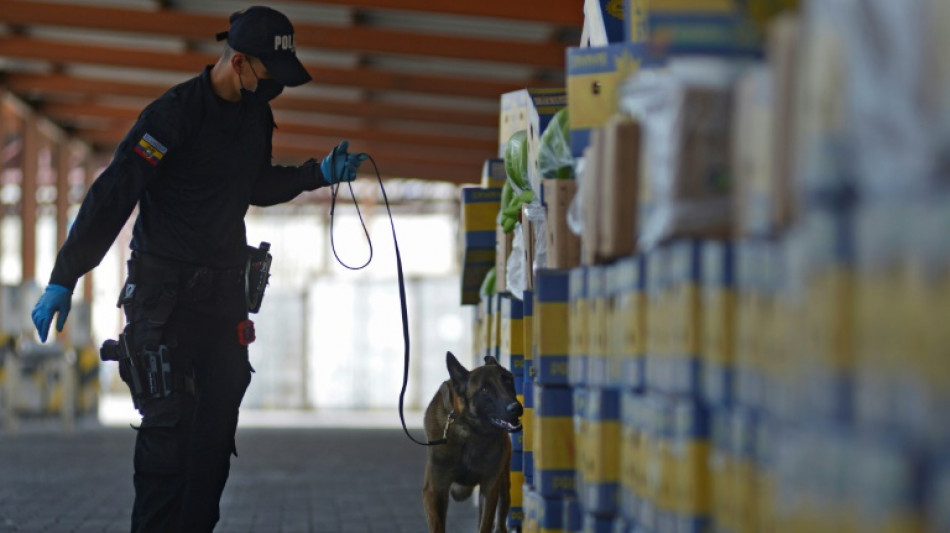
-
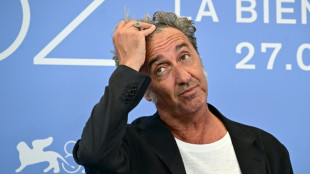 Italy's Sorrentino embraces doubt in euthanasia film at Venice
Italy's Sorrentino embraces doubt in euthanasia film at Venice
-
Trump urges criminal charges against George Soros, son

-
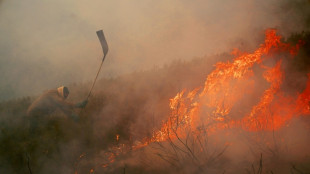 Wildfires pile pressure on Spanish PM
Wildfires pile pressure on Spanish PM
-
Stock markets mixed ahead of Nvidia earnings

-
 Football's loss as hurdles sensation Tinch eyes Tokyo worlds
Football's loss as hurdles sensation Tinch eyes Tokyo worlds
-
Pakistan blows up dam embankment as it braces for flood surge
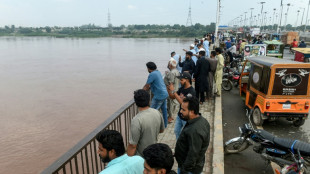
-
 Lego posts record sales, sees market share growing further: CEO
Lego posts record sales, sees market share growing further: CEO
-
France overlook Ekitike for World Cup qualifiers, Akliouche called up

-
 Rain no obstacle, Lyles insists ahead of Diamond League finals
Rain no obstacle, Lyles insists ahead of Diamond League finals
-
Almodovar urges Spain cut ties with Israel over Gaza
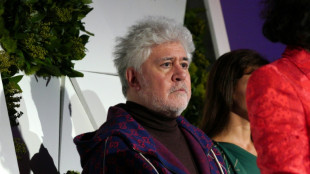
-
 Macron gives 'full support' to embattled PM as crisis looms in France
Macron gives 'full support' to embattled PM as crisis looms in France
-
Stock markets diverge awaiting Nvidia earnings

-
 German cabinet agrees steps to boost army recruitment
German cabinet agrees steps to boost army recruitment
-
Denmark summons US diplomat over Greenland 'interference'
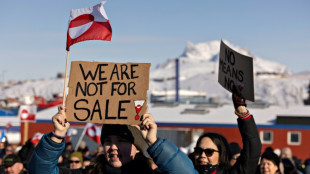
-
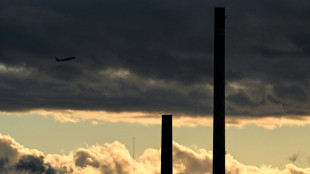 German factory outfitters warn of 'crisis' from US tariffs
German factory outfitters warn of 'crisis' from US tariffs
-
Israel ups pressure on Gaza City as Trump eyes post-war plan

-
 Floods, landslides kill at least 30 in India's Jammu region
Floods, landslides kill at least 30 in India's Jammu region
-
Former player comes out as bisexual in Australian Rules first

-
 Indian spin great Ashwin calls time on IPL career
Indian spin great Ashwin calls time on IPL career
-
India faces world football ban for second time in three years
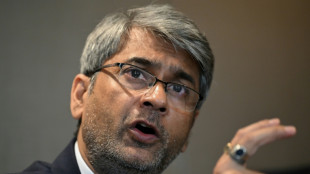
-
 Globetrotter Herzog to get special Venice award
Globetrotter Herzog to get special Venice award
-
'Old things work': Argentines giving new life to e-waste

-
 Showtime for Venice Film Festival, with monsters, aliens, Clooney and Roberts
Showtime for Venice Film Festival, with monsters, aliens, Clooney and Roberts
-
Thai woman jailed for 43 years for lese-majeste freed

-
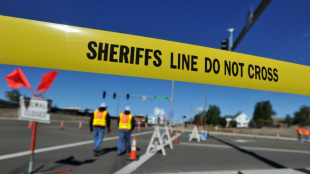 What is swatting? Shooting hoaxes target campuses across US
What is swatting? Shooting hoaxes target campuses across US
-
Row over Bosnia's Jewish treasure raising funds for Gaza
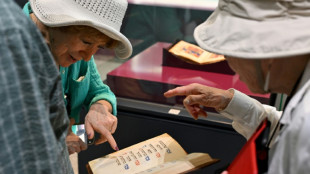
-
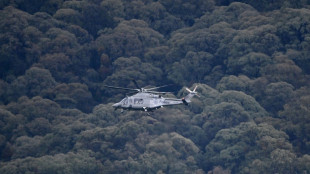 Police search Australian bush for gunman after two officers killed
Police search Australian bush for gunman after two officers killed
-
NZ rugby player who suffered multiple concussions dies aged 39

-
 Former Australian Rules player comes out as bisexual in first
Former Australian Rules player comes out as bisexual in first
-
French, German, Polish leaders to visit Moldova in show of force in face of Russia

-
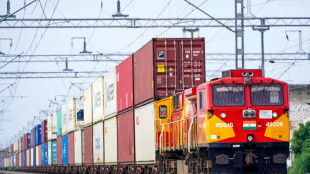 US tariffs on Indian goods double to 50% over Russian oil purchases
US tariffs on Indian goods double to 50% over Russian oil purchases
-
Feudal warlord statue beheaded in Japan
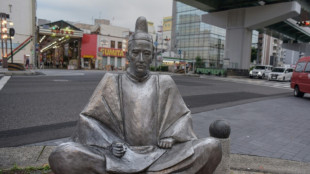
-
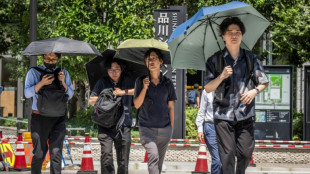 Tokyo logs record 10 days of 35C or more
Tokyo logs record 10 days of 35C or more
-
Sinner, Swiatek romp through at US Open as Gauff struggles
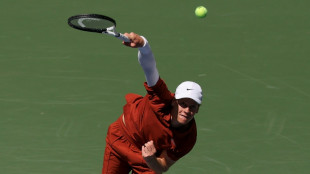
-
 Brazil to face South Korea, Japan in World Cup build-up
Brazil to face South Korea, Japan in World Cup build-up
-
Asian markets diverge with eyes on Nvidia earnings

-
 Osaka out to recapture sparkle at US Open
Osaka out to recapture sparkle at US Open
-
China's rulers push party role before WWII anniversary
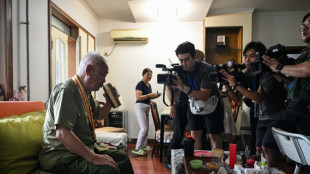
-
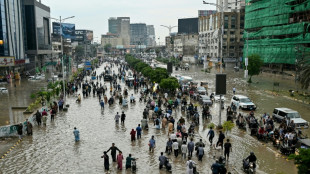 Pakistan's monsoon misery: nature's fury, man's mistake
Pakistan's monsoon misery: nature's fury, man's mistake
-
SpaceX answers critics with successful Starship test flight
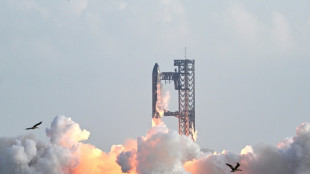
-
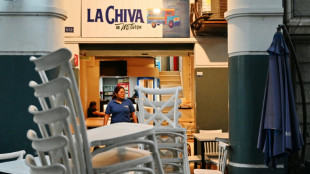 Nightlife falls silent as Ecuador's narco gangs take charge
Nightlife falls silent as Ecuador's narco gangs take charge
-
Unnamed skeletons? US museum at center of ethical debate

-
 France returns skull of beheaded king to Madagascar
France returns skull of beheaded king to Madagascar
-
SpaceX's Starship megarocket launches on latest test flight
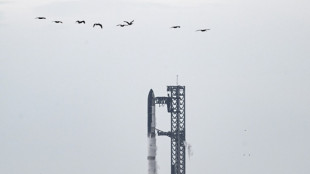
-
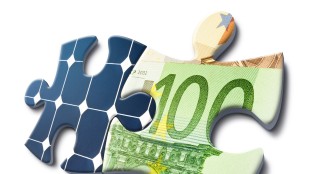 Formerra Appointed Distributor for Italy's Epaflex TPU Lines in the UK & Ireland
Formerra Appointed Distributor for Italy's Epaflex TPU Lines in the UK & Ireland
-
US restaurant chain Cracker Barrel cracks, revives old logo

-
 Brazil's Bolsonaro placed under 24-hour watch ahead of coup trial verdict
Brazil's Bolsonaro placed under 24-hour watch ahead of coup trial verdict
-
Taylor-Travis love story: 5 things to know
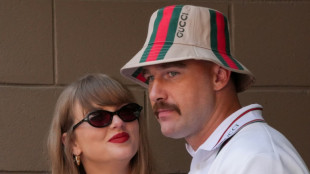
-
 Sports world congratulates Swift and Kelce on engagement
Sports world congratulates Swift and Kelce on engagement
-
Wolves inflict more woe on West Ham, Leeds crash out League Cup


Hidden in bananas and tea, cocaine departs Ecuador port by the ton
Trying to prevent drug traffickers from hiding cocaine in cargo containers at Ecuador's main port of Guayaquil is becoming an increasingly expensive headache for police and exporters alike.
The ingenuity of criminal gangs means tons of cocaine leave the port hidden in food containers.
Surrounded by a poor neighborhood, the Guayaquil port is a hive of activity, where trained dogs sniff here and there while police officers cut into bananas, pineapples and even tea drums looking for drugs.
Customs agents in Guayaquil manually check a fifth of the containers to ensure that export companies are not a front for the mafia.
Two German Shepherds, Wolf and Jessi, help the officers but they can only work for 10 minutes at a time to be effective.
"We can't tire them out too much, otherwise we won't find any drugs," Richard Riera, head of the National Police Ports and Airports Information Unit, told AFP.
Thanks to the dogs, liquid drugs hidden by traffickers inside tea drums were recently detected after passing through the scanner without incident.
- 'Titanic task' -
Drug traffickers "prefer the port because this is where the majority of exports to Europe and the United States leave," said Riera.
Situated between Colombia and Peru -- the world's two largest producers of cocaine -- Ecuador seized a record 210 tons of the powder in 2021, of which 96 tons were discovered in Guayaquil.
A third of seizures were destined for Europe while another 11 percent were headed for the United States, according to the police.
"Our country ceased being a collection center to become instead a platform for drug distribution on an international scale," said national anti-narcotics chief Giovanni Ponce.
Drug related violence is increasing in surrounding Guayas state where 78 percent of 404 murders so far this year were linked to drug trafficking, Ponce told the Teleamazonas news channel.
Outside the port, in the city's streets, organized crime keeps the local population in a state of terror with bodies decapitated or hanging from bridges.
In the first quarter of this year, police seized 15.8 tons of drugs in Guayaquil port alone, four times more than in the same period of 2021.
But checking 2.4 million containers a year "is a titanic task," said Riera.
The port has 12 privately owned terminals and handles 85 percent of Ecuador's non-oil exports -- around 25 million metric tons of produce a year.
Officials say they need more security guards and more unintrusive scanners that don't damage bananas and shrimp, the country's flagship exports, but there is only one of these in the whole of Ecuador.
- Huge cost to exporters -
Exporters have been left frustrated by the number of containers being infiltrated with drugs.
Criminal gangs break the locks, take out the legal cargo and replace it with cocaine bricks.
"Often they go all the way to the point of origin" in the factory, said Javier Lancha de Micheo, owner of the private Contecon terminal.
The company has had to install security cameras in the terminal and introduce security checks on people and vehicles entering the premises.
The worst affected are banana exports.
Those containers are often breached on the roadside as well as in the port itself.
"We're the main victims because we move 7,000 banana containers a week," said Richard Salazar, executive director of the Banana Marketing and Export Association.
Companies spend $200 per container on security measures such as satellite surveillance and private contractors.
But whenever drugs are discovered, authorities seize the entire container as evidence, to the detriment of its owners.
"No one takes responsibility for the loss. Each container is worth $12,000," added Salazar, who says the industry has pleaded for help.
"We have asked for and demanded an integrated security policy in Ecuador... as an additional option to the private efforts that every exporter is already carrying out."
L.Dubois--BTB
